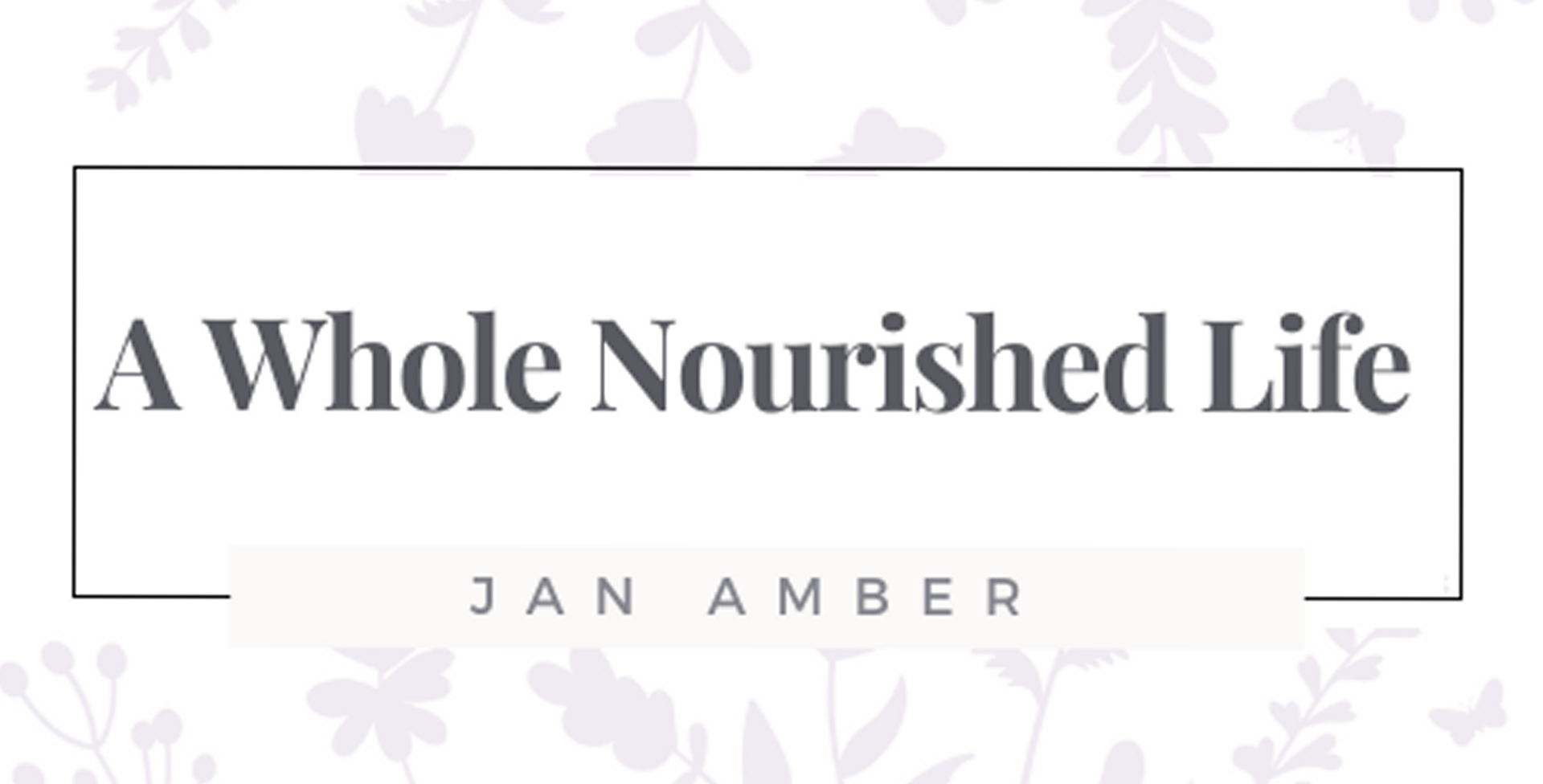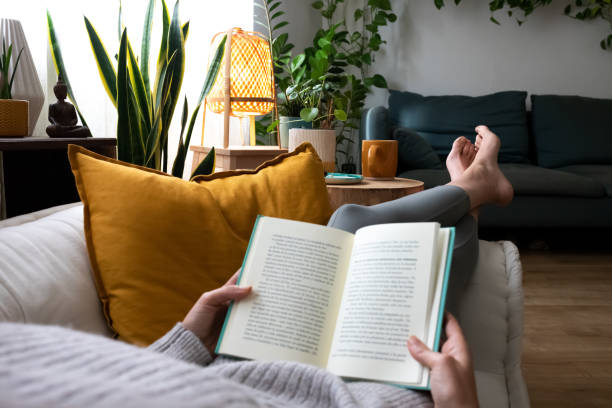A person's health journey is greatly influenced by what they see and think.
Find out how to step outside your illness when you need a break
After navigating through chronic illness myself and helping thousands of others through theirs, I found reading to be a great tool that provided a step outside of illness and into new worlds of health and healing.

What is it about reading books or articles that so many of us turn to when we first become aware that we aren't feeling so well most of the time?
When we feel lost or are faced with physical and/or mental pain, we generally turn to others who have greater knowledge of what we are going through. We've been taught that knowledge solves problems.
EMPOWER YOURSELF

We all have the power to understand more about what can help us fully heal our illnesses. There are valuable resources available that provide insights about new and older methods that we aren't necessarily made aware of by our health care professionals.
|
There came a time at the beginning of the worst part of my illness when I could no longer read. Words were jumbled together, and after attempting to read two words, I would immediately forget what I had just looked at. It was quite a scary time. I began my journey back to college as a scholar student. I was in my 30s and in the middle of a semester at Oregon State. I was working on a Fisheries and Wildlife degree, but my inability to read caused me to leave at the end of my 4th semester as my grades plummeted. I started as a 4.0 GPA student, but after I started facing cognitive decline, I ended the year at a 2.1 GPA. I was heartbroken. I didn't tell anyone that I left college for the reason that I couldn't read anymore, not even my family. I didn't tell anyone I left school at all. I was ashamed to. I was afraid people would think I was lazy or had thrown away the $10,000 in debt I had accumulated as a result of not wanting to finish my degree for a dumb reason. It took me a few months to be able to read again, but when I was capable, I read all the books, articles, and stories of success and failure I could find. This caused a shift in my mind that I loved. I became addicted to finding answers, so I continued for 2 years, slaving away each day so I could heal myself. I felt I could do anything. |
There is comfort in knowing that we are capable of fixing our own issues when they arise. There is a powerful sense of self-worth that accompanies our "Ah ha!" moments. Those moments when we believe we have discovered the source of our distress and know how to repair it so that we can return to the life we sorely miss.
THE SCIENCE BEHIND READING

Who said reading wasn't fun?
It seems like many people prefer watching a video filled with information over reading the same information instead.
We have been socialized to turn to technology to solve problems because it is faster.Our days have become so busy that reading seems like a chore to so many of us.
When chronic illness strikes, we often choose the route of reading every word that we can in hopes of finding answers.
Why is that? Let's take a look.
What reading does for us:
Reading is linked to the release of certain brain chemicals (dopamine) that help us feel happy. It heightens the connectivity of the brain by lighting up the language (temporal cortex) receptors.
It can help us feel more grounded when reading books, especially those of a positive nature.
When we read, the area responsible for sensory motor activity is activated, causing us to feel that we are in the character's shoes. This provides a powerful sense of accomplishment if the book ends with a profound realization or happy ending.
So the next time you pick up a book or scroll through online pages, check your mental capacity first before you decide what kind of book or article to read.
READING CAN GIVE YOUR WORRY A BREAK

Reading allows the mind to explore new thoughts and ideas from others' perspectives. As we have seen from the story, we can take these ideas and thoughts and make them our own.
|
There were times I felt my mind would explode. I felt that my cycle of worry was feeding my symptoms, which, in part, they were. I paid attention to how I felt after reading anything. On my most worrisome days, my symptoms spiraled out of control. I decided I needed to find a way to forget I was ill. I needed to escape my mind without drugs. I chose to delve into books to see if they would allow me some time to stop thinking about how I felt and to feel what it was like before I became ill. There was one particular day when my panic attacks and depression had reached an unbearable peak. I picked up a book about how to change brain patterns when anxious. I soon discovered my body reacted negatively when reading it: my heart raced, my palms became very sweaty, I felt nauseated, I was overthinking, and my body was too overwhelmed. I thought, why not try something funny? I didn't want to read anything health-related and wanted to step into a different world, at least for an hour or two. I am happy to say it worked for me! I got sent into a different realm that allowed me to laugh and feel normal for a little while. It was enough for me to rest my body and feel a little bit less stressed. |
Being aware that there are methods like reading to help you escape the drag that is chronic illness is quite a neat little tool to keep handy.
WHAT TO READ DEPENDING ON HOW YOU FEEL

Remembering that your mindset can alter your mood is imperative to successfully moving through your healing journey.
When you're ill, deciding what world you want to put your mind and body through is highly dependent on how you're feeling at the time.
Reading a worrying article is not recommended when in an axious state, and reading a complex novel filled with ups and downs may also aggravate or trigger negative symptoms.
With this in mind, follow the guidelines below.
If you are in an:
Anxious or fearful state of mind: Wait to delve into heart-pounding reads until you have relaxed yourself. Adding more stress during an already life-altering illness is not ideal and can also prolong your time with it. Stick to non-stimulating reads like travel books, home redecorating, television, movie character autobiographies of people that you admire, or anything lighthearted.
Adventurous or confident state of mind: Pick a book that you feel you may be able to handle if it doesn’t end well or on a positive note. These should be the days you can take advantage of reading those articles you’ve been dreading due to their topics.
Sad or depressed state of mind: Opt for a less stimulating and calming book filled with positivity. Keep books and articles focused on inspiring prompts that will put you in the shoes of the narrator to give yourself a much-needed boost!
BOOK LIST
A few books I read during my rollercoaster phases when I felt specific ways:
Anxious/fear: "Why not me?" by Mindy KhalingAdventurous and Confident: "The Cancer Revolution" by Leigh Connealy
Sadness: "Find Your Path" by Carrie Underwood
WRAPPING IT ALL UP
Whichever reading method you choose, make sure it is appropriate for your mood so you can maximize your ability to heal.
Knowing that what you read can alter your thoughts and ideas is a powerful discovery for anyone going through a healing stage.

